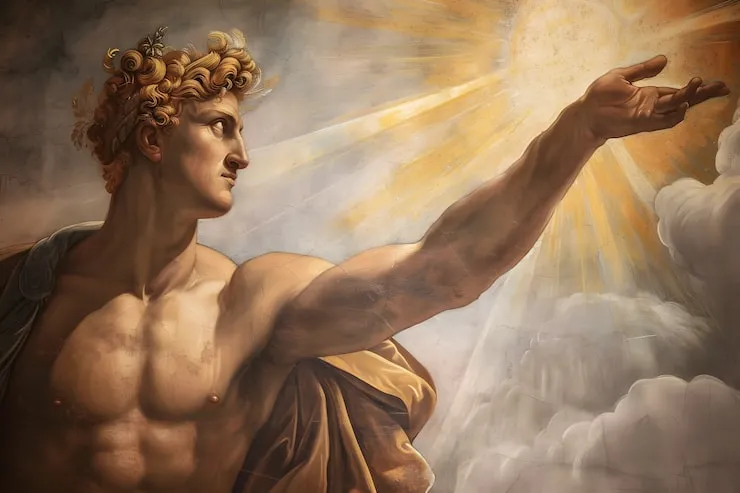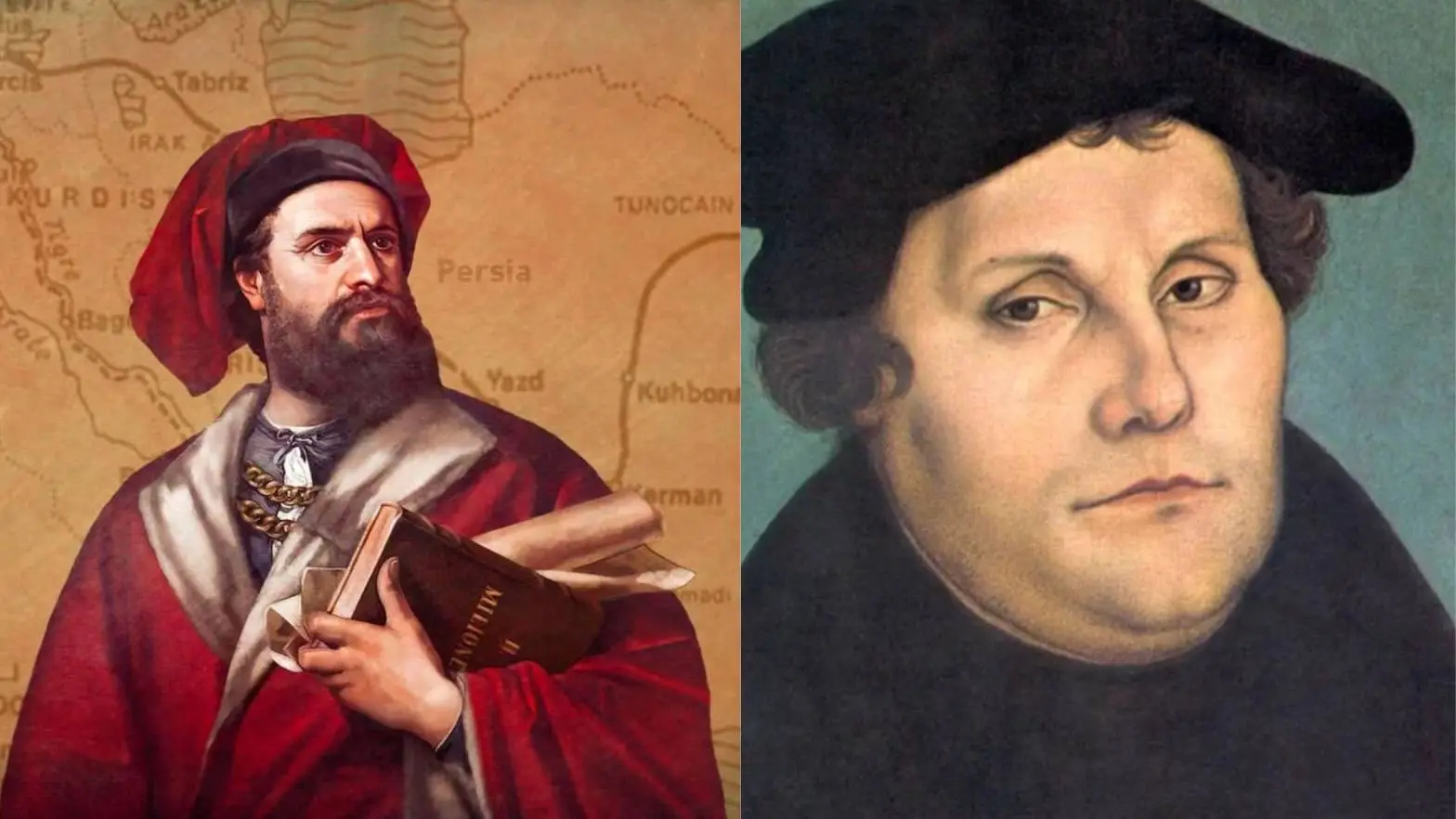Hello aspirants! Welcome to my blog where I share important insights about the UPSC examination journey. Today, I'm diving deep into Indian GK questions for UPSC Prelims, a crucial part of your preparation that can make or break your success in this competitive exam. As someone who has spent years coaching UPSC aspirants, I've seen how a strong foundation in Indian General Knowledge can significantly boost your prelims score. Let me share what I've learned along the way to help you ace this section.
How Important Are Indian GK Questions for UPSC Prelims?
When I first started helping students prepare for the UPSC, I noticed that many focused heavily on current affairs but underestimated the importance of core Indian GK. This is a mistake I don't want you to make!
Indian GK questions for UPSC Prelims typically make up 30-40% of Paper I (General Studies). These questions test your knowledge about India's history, geography, polity, economy, and culture. What makes these questions valuable is that they're relatively stable - the facts don't change year after year, unlike current affairs.
I remember working with Rahul, a student who scored 142/200 in Prelims. When we analyzed his performance, we found that he got almost all the Indian GK questions right. This strong foundation gave him the confidence to tackle trickier current affairs questions.
Types of Indian GK Questions for UPSC Prelims with Answers
Over the years, I've categorized UPSC GK questions with answers into several types. Let's explore each with examples:
Historical Indian GK Questions
History questions in the UPSC Prelims often focus on:
- Ancient Indian history
- Medieval period
- Modern Indian history (especially freedom movement)
- Art and culture
Example Question: Which among the following was NOT a part of the Moderate phase of Indian National Congress? a) Dadabhai Naoroji b) Gopal Krishna Gokhale c) Subhash Chandra Bose d) Pherozeshah Mehta
Answer: c) Subhash Chandra Bose
Subhash Chandra Bose belonged to the militant nationalist group, not the moderates. This is a classic example of how Indian GK questions for UPSC Prelims in English often test your ability to eliminate options based on fundamental knowledge.
Geographical Indian GK
I've noticed that geography questions in Prelims often connect physical features with current developments or environmental concerns.
Example Question: Which of the following rivers does NOT flow into the Arabian Sea? a) Narmada b) Tapti c) Mahanadi d) Sabarmati
Answer: c) Mahanadi
The Mahanadi flows into the Bay of Bengal, while all others flow into the Arabian Sea. When teaching this topic, I always recommend students use maps regularly to visualize river systems.
Indian Polity and Constitution
This is one area where having solid Indian GK questions for UPSC Prelims with answers is extremely beneficial. The Constitution forms the backbone of our governance system.
Example Question: Which Article of the Indian Constitution abolishes untouchability? a) Article 15 b) Article 16 c) Article 17 d) Article 18
Answer: c) Article 17
I always tell my students to memorize key articles of the Constitution as these are frequently asked in different forms.
Indian Economy and Development
Economic questions typically focus on basics like GDP, inflation, banking system, and government schemes.
Example Question: Which of the following is NOT a feature of India's New Economic Policy of 1991? a) Liberalization b) Privatization c) Globalization d) Nationalization
Answer: d) Nationalization
The New Economic Policy moved away from nationalization toward liberalization, privatization, and globalization.
Most Important Indian GK Questions for UPSC Prelims
Through years of analyzing previous question papers, I've identified certain areas that appear consistently in the exam. Let me share these UPSC GK questions with answers that you absolutely must know:
National Symbols and Recognition
Example Question: Which of the following is India's National Aquatic Animal? a) Saltwater Crocodile b) River Dolphin c) Olive Ridley Turtle d) Gharial
Answer: b) River Dolphin
I've seen questions about national symbols appear in almost every Prelims paper, though sometimes in different forms.
Awards and Honors
Example Question: Who was the first Indian to receive the Nobel Prize? a) Mother Teresa b) C.V. Raman c) Rabindranath Tagore d) Amartya Sen
Answer: c) Rabindranath Tagore
Rabindranath Tagore won the Nobel Prize for Literature in 1913, becoming the first Indian (and Asian) to receive this honor.
Government Schemes and Initiatives
These questions test your awareness of important government programs.
Example Question: The 'POSHAN Abhiyaan' is related to: a) Women Empowerment b) Digital Literacy c) Nutritional support d) Skill Development
Answer: c) Nutritional support
POSHAN (Prime Minister's Overarching Scheme for Holistic Nutrition) Abhiyaan is India's flagship program to improve nutritional outcomes.
How to Prepare Indian GK Questions for UPSC Prelims
After helping hundreds of students, I've developed a systematic approach to preparing for Indian GK questions for UPSC Prelims:
1. Build a Strong Foundation First
I always tell my students to start with NCERT textbooks from classes 6-12. These books provide simple explanations of complex topics and are written in easy-to-understand language. When Priya, one of my students, was struggling with history, I suggested she go back to NCERT Class 6-8 history books. This helped her visualize historical events chronologically, and she improved her score dramatically in mock tests.
2. Create Subject-wise Compilations
I recommend creating separate notebooks for different subjects:
- Indian History
- Geography
- Polity
- Economy
- Science & Technology
- Environment
This organization helps when you're revising Indian GK questions for UPSC Prelims in English closer to the exam.
3. Use Previous Years' Question Papers
This is something I cannot emphasize enough! Solve at least the last 10 years' papers to understand the pattern of questions. I've noticed that certain topics like medieval history monuments, tribal revolts, and geographical features of Northeast India appear repeatedly.
4. Regular Revision with Mnemonics
For factual information like Articles of the Constitution or river systems, create mnemonics. This technique has helped many of my students remember complex information.
For example, to remember the fundamental rights (Articles 14-32), one student created the acronym "LIBERP":
- L - Liberty (Articles 19-22)
- I - Inequality prohibition (Articles 14-18)
- B - Basic human rights against exploitation (Articles 23-24)
- E - Education and culture (Articles 29-30)
- R - Religion (Articles 25-28)
- P - Protection of rights (Articles 32)
Common Mistakes to Avoid When Preparing Indian GK
In my years of teaching, I've noticed students make these common mistakes when studying Indian GK questions for UPSC Prelims:
1. Focusing Only on Current Affairs
While current affairs are important, neglecting core Indian GK is a serious mistake. The foundation needs to be strong before you build upon it.
2. Not Understanding the "Why" Behind Facts
Memorizing facts without understanding their significance often leads to confusion in the exam. I always encourage students to understand the context. For example, don't just remember that the Battle of Plassey happened in 1757; understand why it was significant for establishing British rule in India.
3. Ignoring Maps and Visual Learning
Geography questions often involve understanding spatial relationships, which is difficult without studying maps. I've seen students improve dramatically after incorporating visual learning tools.
4. Not Practicing Enough Mock Tests
UPSC GK questions with answers need to be practiced repeatedly. Many students read but don't test themselves enough.
Topic-wise Indian GK Questions for UPSC Prelims
Let me share some topic-specific questions that are frequently asked:
Ancient Indian History Questions
Example Question: The term 'Kayastha' in ancient India referred to: a) A religious sect b) A community of warriors c) A class of officials d) A group of traders
Answer: c) A class of officials
In ancient India, Kayasthas served as writers and record-keepers in the royal courts.
Medieval Indian History Questions
Example Question: Which Mughal emperor prohibited the practice of Sati? a) Akbar b) Jahangir c) Shah Jahan d) Aurangzeb
Answer: b) Jahangir
While Akbar regulated it, Jahangir took steps to prohibit the practice of Sati.
Modern Indian History Questions
Example Question: Who among the following was NOT associated with the Ghadar Party? a) Lala Hardayal b) Sohan Singh Bhakna c) Rashbehari Bose d) Bhai Parmanand
Answer: c) Rashbehari Bose
Rashbehari Bose was associated with the Hindu-German Conspiracy and later with the Indian National Army, not the Ghadar Party.
Indian Geography Questions
Example Question: Which of the following states does NOT share a border with Myanmar? a) Manipur b) Mizoram c) Meghalaya d) Nagaland
Answer: c) Meghalaya
Arunachal Pradesh, Nagaland, Manipur, and Mizoram share borders with Myanmar, but Meghalaya doesn't.
Indian Polity Questions
Example Question: Which of the following is NOT a feature borrowed from the British Constitution in the Indian Constitution? a) Parliamentary form of Government b) Rule of Law c) Fundamental Rights d) Single Citizenship
Answer: c) Fundamental Rights
The concept of Fundamental Rights was borrowed from the US Constitution, not from the British Constitution.
Latest Trends in Indian GK Questions for UPSC Prelims
In recent years, I've noticed some interesting trends in Indian GK questions for UPSC Prelims:
1. Integrated Questions
These questions connect multiple subjects. For example: "Consider the Teesta River dispute. Which states and countries are involved, and what is the constitutional provision governing interstate water disputes?"
This question connects geography (river system), current affairs (ongoing dispute), and polity (constitutional provisions).
2. Map-based Questions
There's been an increase in questions that require you to identify locations, states, or geographical features on a map.
3. Scheme-based Questions
Questions about government schemes now go beyond just basic awareness and test your understanding of implementation mechanisms and outcomes.
Specialized Indian GK Areas Often Neglected
1. Northeast India
This region often gets overlooked, but questions about Northeast states, their cultural practices, geographical features, and historical significance appear regularly.
Example Question: The Hornbill Festival is celebrated in which state? a) Assam b) Nagaland c) Manipur d) Mizoram
Answer: b) Nagaland
2. Tribal Communities
Example Question: The 'Toda' tribe is native to which region? a) Andaman Islands b) Nilgiri Hills c) Bastar region d) Spiti Valley
Answer: b) Nilgiri Hills
The Toda tribe is known for their unique buffalo-herding lifestyle in the Nilgiri Hills of Tamil Nadu.
3. Scientific Achievements of India
Example Question: Which of the following was India's first indigenous satellite launch vehicle? a) GSLV b) PSLV c) SLV-3 d) ASLV
Answer: c) SLV-3
Developed under the guidance of Dr. APJ Abdul Kalam, SLV-3 was India's first indigenous satellite launch vehicle.
How to Approach Indian GK Questions During the Exam
After years of helping students prepare for the UPSC Prelims, I've developed these strategies for tackling Indian GK questions for UPSC Prelims in English:
1. Use the Elimination Method
If you're not immediately sure of the answer, try eliminating obviously wrong options. Even eliminating one option increases your chances of guessing correctly.
2. Look for Qualifiers in Questions
Terms like "ONLY," "ALWAYS," "NEVER," or "BEST" are important qualifiers. In my experience, options containing absolute terms are often incorrect.
3. Connect Questions to Current Affairs
Sometimes, the UPSC frames traditional GK questions in the context of recent events. Being aware of current happenings can help you answer these questions.
4. Be Careful with Assertion-Reason Questions
These questions have two statements, and you need to determine if they're true and if there's a causal relationship. Read both statements carefully before answering.
Resource Guide for Indian GK Questions
Over the years, I've found these resources particularly helpful for preparing UPSC GK questions with answers:
Books:
- India's Ancient Past by R.S. Sharma
- India's Struggle for Independence by Bipan Chandra
- Indian Art and Culture by Nitin Singhania
- Certificate Physical and Human Geography by G.C. Leong
- Indian Polity by M. Laxmikanth
- Indian Economy by Ramesh Singh
Online Resources:
- PIB (Press Information Bureau)
- Rajya Sabha TV discussions
- Official websites of government ministries
- Monthly compilations by reputed coaching institutes
Newspapers:
- The Hindu
- Indian Express
- Economic Times (for economy-related GK)
Making Your Indian GK Preparation Fun and Effective
One thing I've learned from teaching is that dry facts are hard to remember. Here are some techniques I recommend to my students:
1. Create Mind Maps
Visual representation helps connect related concepts. I've seen students create beautiful mind maps for topics like "Water Resources in India" or "Constitutional Amendments" that helped them remember complex information.
2. Form Study Groups
Discussing Indian GK questions for UPSC Prelims with peers can reveal different perspectives and help clarify doubts. Some of my most successful students formed small study groups where they quizzed each other regularly.
3. Use Digital Tools
Apps and websites that offer quizzes on Indian GK can make learning interactive. Several of my students have benefited from using spaced repetition software to remember factual information.
4. Teach Someone Else
I always tell my students: "If you want to master a topic, try teaching it to someone else." This forces you to organize information logically and identifies gaps in your understanding.
Final Thoughts on Indian GK Questions for UPSC Prelims
After years of guiding aspirants through the UPSC journey, I can confidently say that mastering Indian GK questions for UPSC Prelims is not just about memorization. It's about understanding India's rich tapestry of history, geography, culture, and governance systems. I've seen students transform their preparation by approaching Indian GK systematically rather than haphazardly. The key is consistency and smart study strategies.
Remember, the UPSC is testing your understanding, not just your memory. By creating connections between different topics and understanding the "why" behind facts, you'll be able to tackle even unfamiliar questions with confidence. I wish you all the best for your preparation! If you found this guide helpful, please share it with fellow aspirants. Together, we can make the UPSC journey a bit easier for everyone. Let me know in the comments if you have specific questions about Indian GK questions for UPSC Prelims that I haven't covered. I'm always looking to improve this guide based on your feedback!













